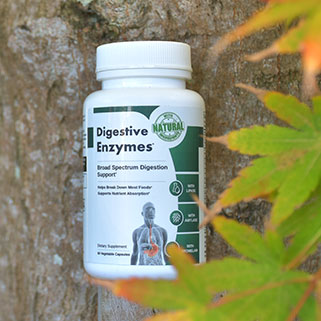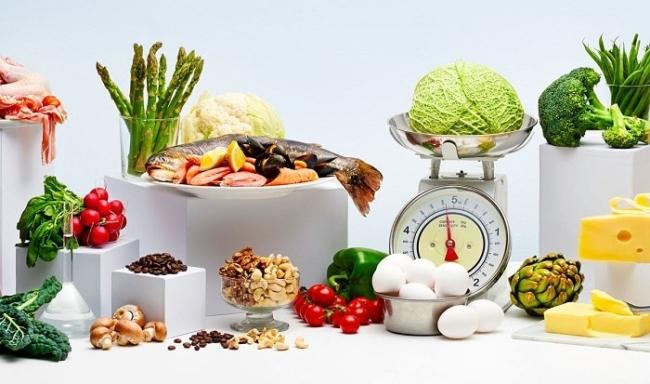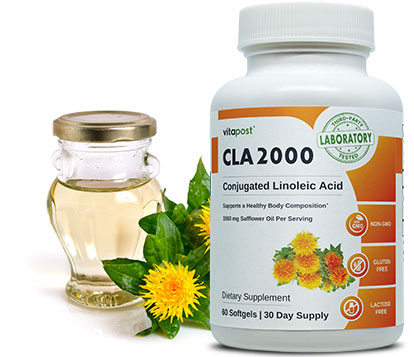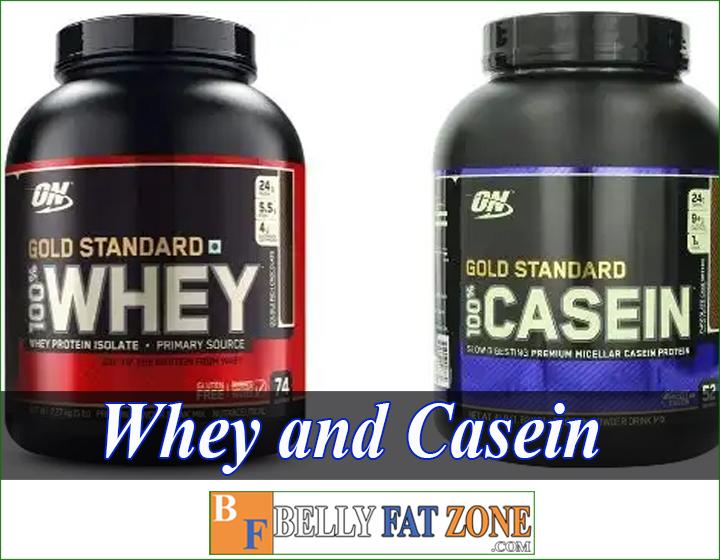Our body needs a variety of micronutrients and the macronutrients of protein, starch, and fat; these micronutrients play an important role in the composition of the body and support our body to function effectively fruit.
One of them we need to mention is iron, this substance is found in many food ingredients and animal liver, but sometimes you need to get iron from supplements.
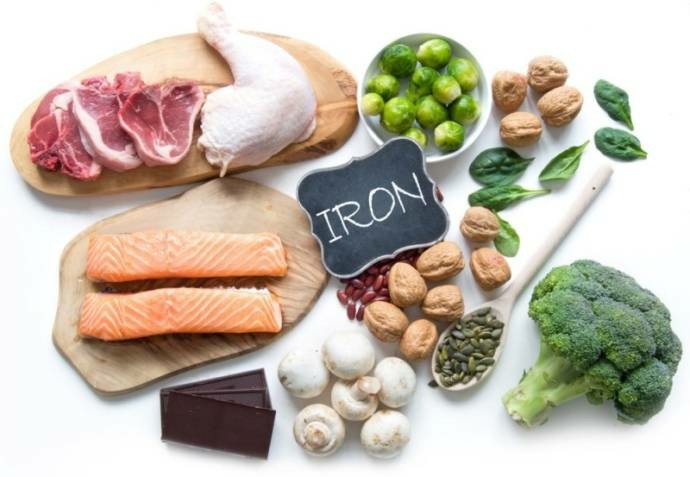
Iron supplements, also known as iron pills, are commonly used to treat anaemia, a condition characterized by a lack of healthy red blood cells or haemoglobin in the blood. So what are the benefits of iron supplements for the body, and what should be noted? Let's explore with Bellyfatzone!
What role does iron play?
Iron plays an important role in making red blood cells that transport oxygen molecules around the body. Iron is also needed to metabolize the nutrients we eat and turn them into energy. Furthermore, it contributes to the transmission of nerve signals to and from the brain.
Does iron deficiency anaemia affect health?
Although you will generally get enough iron from the foods you eat every day; sometimes you can become iron deficient. This usually happens during pregnancy or heavy periods.
Certain groups of people are susceptible to iron deficiency, including premature infants, young children, young women, and people with specific medical conditions such as heart failure, Crohn's disease, celiac disease (gluten intolerance) or ulcerative colitis. Iron supplements are also commonly prescribed to women of childbearing age to help prevent anaemia.
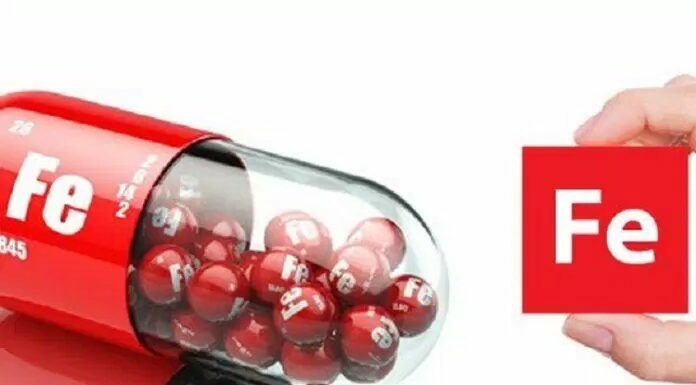
Health benefits of iron supplements
Iron supplements are used to treat iron deficiency and iron deficiency anaemia. They are not usually used to treat other forms of anaemia (such as vitamin deficiency anaemia, hemolytic anaemia, aplastic anaemia, or anaemia of chronic disease) if the cause is not iron deficiency. The body's response to oral iron supplements can vary depending on the cause of the iron deficiency.
Prevention and treatment of iron deficiency
Iron deficiency (Iron deficiency or sideropenia) is when your body lacks the iron it needs to maintain normal function. Iron deficiency is quite common in developing countries, with more than a quarter of the population possibly affected (mainly due to poverty and undernutrition). However, less common in developed countries, it still did happen.
Iron deficiency can also occur due to physiological changes that cause the body to use more iron than it takes in. For example, iron deficiency can occur in children because their bodies grow too quickly, or women's iron needs starting from adolescence will increase due to the monthly menstrual cycle.
Whatever the cause, iron deficiency can lead to anaemia if left untreated. Iron supplements are used to make up for an iron deficiency and prevent future iron deficiency.
Iron deficiency anaemia and dangerous complications:
Iron supplements are often used in people at high risk for iron deficiency, including pregnant women, people on dialysis, or people with inflammatory bowel disease or thyroid disease. In these populations, iron supplements help prevent or treat many common symptoms of iron deficiency, such as:
- Tired
- Weakness
- Dizzy
- Arrhythmic heartbeat
- Pale skin
- Hair loss
- Brittle or grooved nails
- Sores in the corner of the mouth
- Tongue pain
- Convulsion
- Irritability
- Frequent infections
- Restless Leg Syndrome
Treatment of iron deficiency anaemia
When used to treat iron-deficiency anaemia, iron supplements are usually effective and well-tolerated, but side effects or difficulty can be tolerated in some cases.
According to a 2015 review of studies in the American Journal of Medicine, up to 27% of people with iron deficiency anaemia will not respond to oral iron supplements.
In general, women with postpartum anaemia are the best responders. Those with heavy menstrual bleeding or those with gastrointestinal anaemia have a moderate response. All the remaining cases were in the non-responder group.
If iron supplements are not effective, the patient may need intravenous iron therapy or a blood transfusion.
What are the possible side effects of iron supplements?
Iron supplements are generally safe and well-tolerated if taken in the correct dosage. These medications can cause side effects in some people, including stomach upset, nausea, diarrhoea, fainting, and vomiting.
Dark stools are also ubiquitous. Supplementing with food while on medication can often help alleviate many unpleasant symptoms.
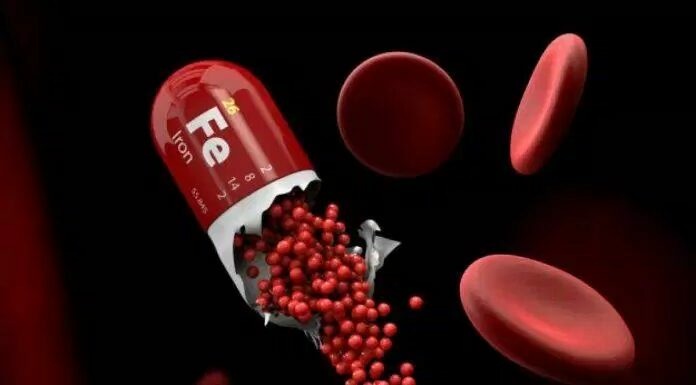
Iron supplements can cause constipation during pregnancy. Adding fibre to the diet or using a stool softener often alleviates this problem.
To reduce the risk of side effects, start with a low dose and gradually increase the dose as your body gets used to the amount tolerable.
Taking too many iron pills can lead to iron overload. Excess iron in the blood can be toxic to the liver, heart, and pancreas and damage the joints.
Iron doses that are too high can lead to poisoning. Even a single high dose (60 mg or more of iron per kg of body weight) can lead to death.
Symptoms of iron poisoning usually manifest within 6 to 24 hours of taking a dose and may include severe vomiting, diarrhoea, abdominal pain, sometimes accompanied by vomiting blood or bloody stools ( especially in children).
How does excess iron affect the body?
Drug interactions
Taking iron supplements containing 25 mg of elemental iron or more may affect zinc absorption and lead to zinc deficiency (“elemental iron” is different from the dose of iron supplement, check product information or Talk to your doctor for more details).
Iron supplements may also interact with the following medications:
- Levodopa is used to treat Parkinson's disease
- Proton pump inhibitors to treat stomach ulcers, including Prevacid (lansoprazole) and Prilosec (omeprazole)
- Levothyroxine is used to treat thyroid disease

In some cases, to avoid losing the drug's effectiveness, you should take the doses 2 hours apart. In other cases, a dose adjustment may be necessary. Consult your doctor or pharmacist if you intend to take iron supplements or any other chronic medication.
Dosage of iron supplements
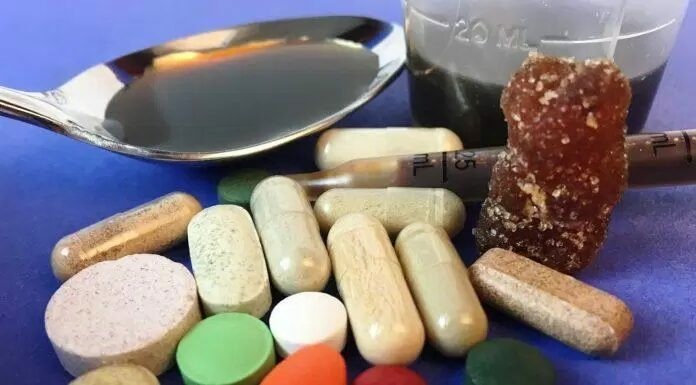
Iron supplements are usually available in the form of tablets or capsules. Dosage can vary based on an individual's level of iron deficiency as well as the underlying cause. Your doctor will calculate the dose based on your iron needs according to age, sex and pregnancy status, specifically as follows:
- Newborn to 6 months old: 0.27 mg/day
- From 7 to 12 months: 11 mg/day
- 1 to 3 years old: 7 mg/day
- 4 to 8 years old: 10 mg/day
- 9 to 14 years old: 8 mg/day
- Males from 14 to 18 years old: 11 mg/day
- Females from 14 to 18 years old: 15 mg/day
- Men between 19 and 50 years old: 8 mg/day
- Women 19 to 50 years old: 18 mg/day
- Pregnant women from 14 to 18 years old: 27 mg/day
- Lactating women from 14 to 18 years old: 10 mg/day
- Pregnant women from 19 to 50 years old: 27 mg/day
- Lactating women from 19 to 50 years old: 9 mg/day
The medicine should be taken with a glass of water or orange juice. Water helps dissolve iron for better absorption by the body. Vitamin C in orange juice is said to enhance iron absorption.
When taking iron pills to treat iron-deficiency anaemia, treatment can last up to 6 months. Patients need to continue treatment even if they feel better and no longer have symptoms.
Iron supplements can decompose when exposed to extreme heat and ultraviolet light. To avoid that, keep iron tablets in a container protected from light and store them in a cool, dry place. Always check the expiration date and discard any expired, discoloured, or damaged medications.
What time of day should I take iron supplements?
Iron is best absorbed when taken on an empty stomach. If the medicine is upset to the stomach, it can be taken with a small amount of food, but avoid taking it with foods high in fibre or caffeine.
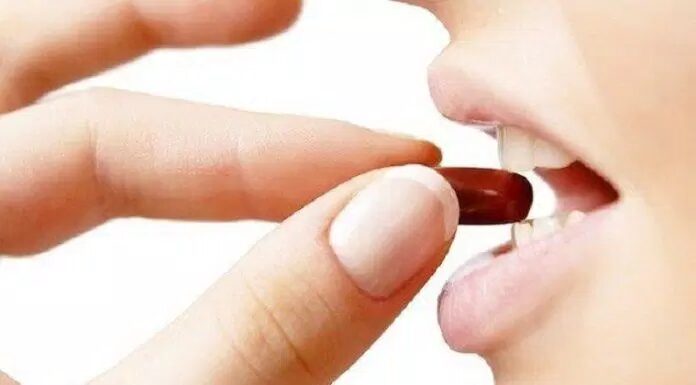
Which foods have the highest iron content?
Most people don't need an iron supplement if they eat a healthy, balanced diet. Instead of taking medication, supplement iron by choosing iron-rich foods for your daily meal. Foods that are high in iron include:
- Iron-fortified breakfast cereal: 18 mg of iron per 128g
- Oysters: 8 mg of iron per 85g
- White beans (canned): 8 mg iron per 128g
- Dark Chocolate: 7 mg iron per 85g
- Beef liver: 5 mg iron per 85g
- Lentils (cooked): 3 mg iron per 64g
- Spinach (cooked): 3 mg iron per 64g
- Tofu: 3 mg iron per 64g
- Kidney beans (canned): 2 mg iron per 64g
- Canned sardines: 2 mg iron per 64g
- Chickpeas (canned): 2 mg iron per 64g
- Tomato stew: 2 mg iron per 64g
- Braised beef: 2 mg iron per 85g
- Baked potatoes: 1 mg of iron per medium potato
- Cashews: 1 mg iron per 28g
- Chickpeas (cooked): 1 mg iron per 64g
- Grilled chicken: 1 mg iron per 85g
End:
Through the article, we see the importance of iron supplementation to help our body stay healthy; we must supplement it properly and by each person. Do not forget to follow Bellyfatzone to update more useful health information.
